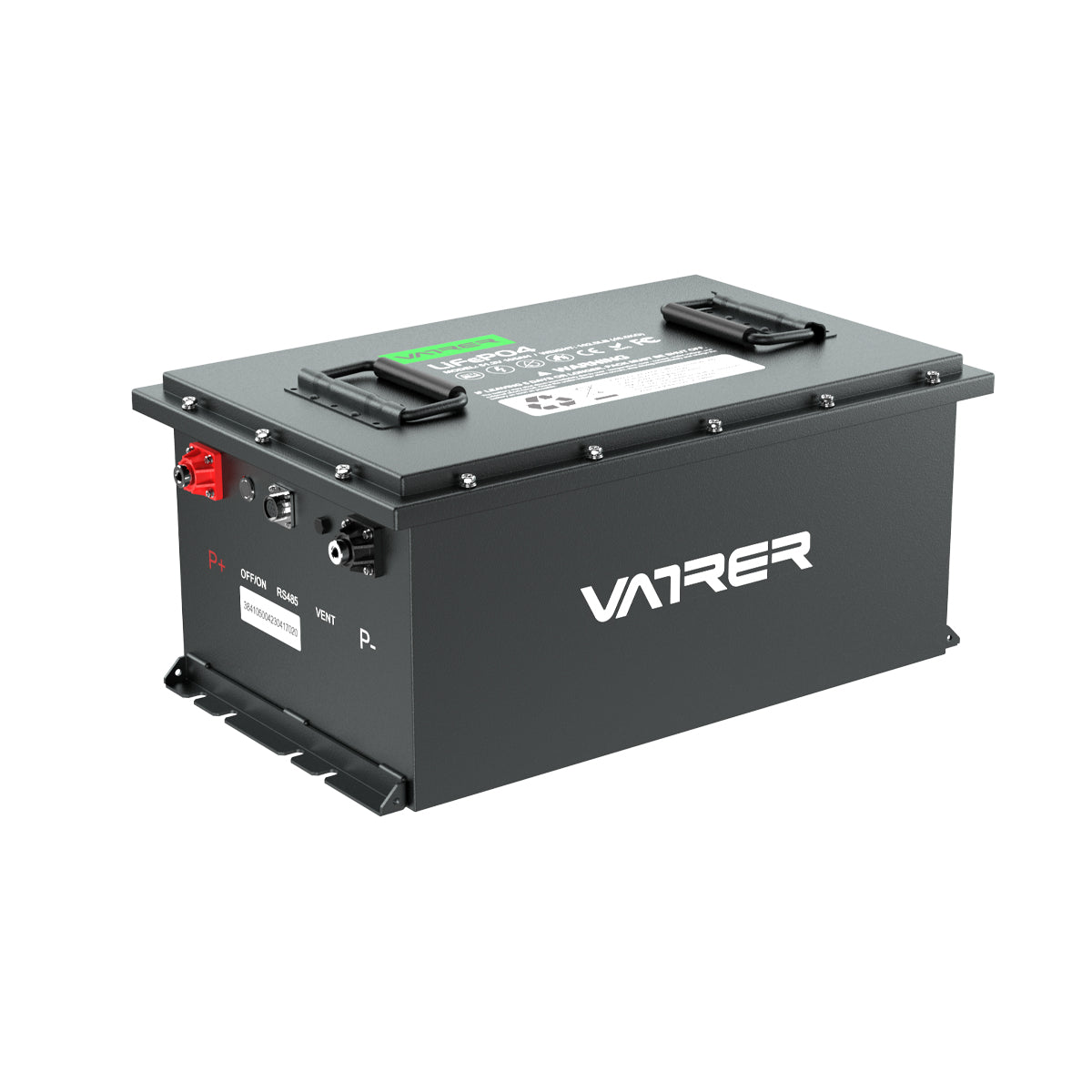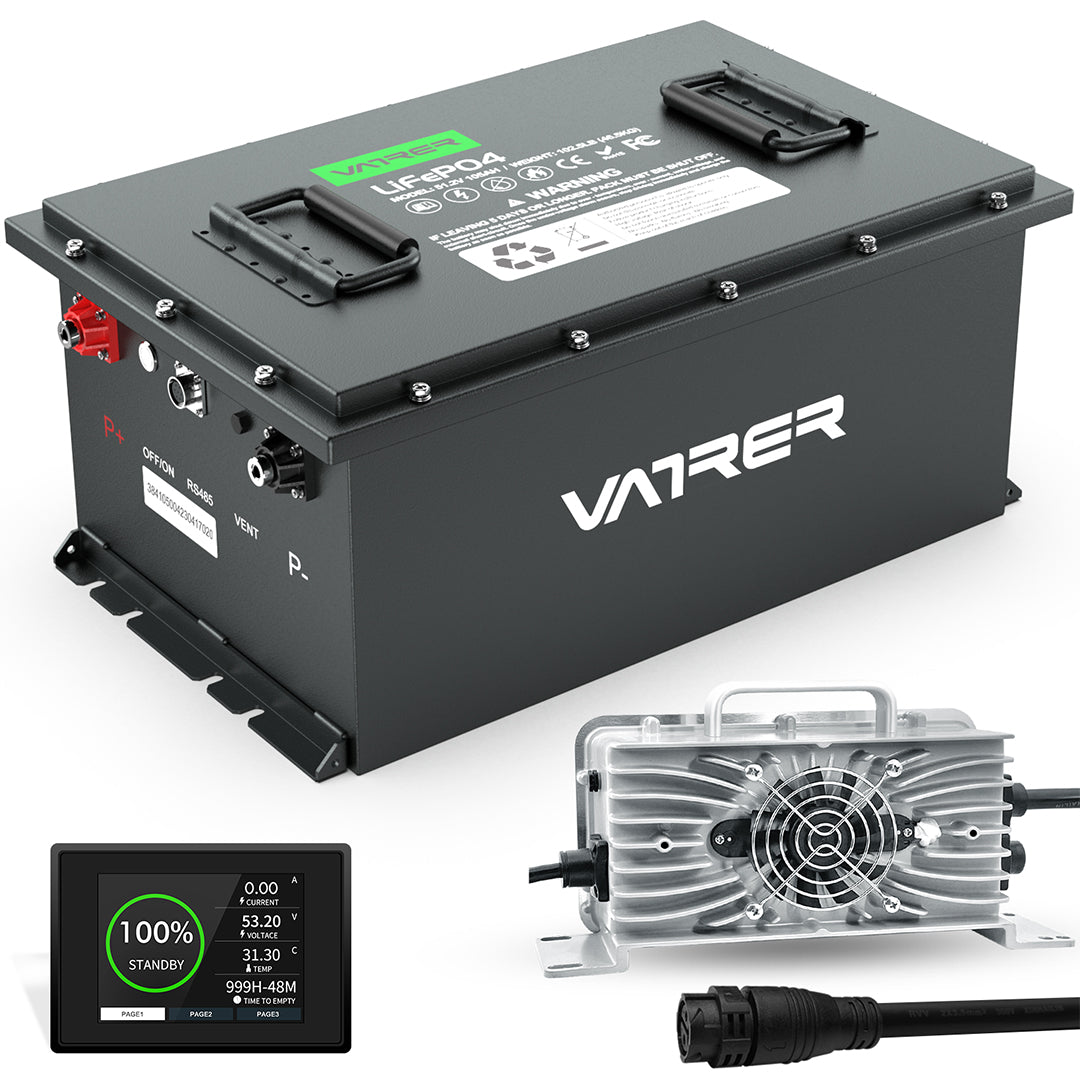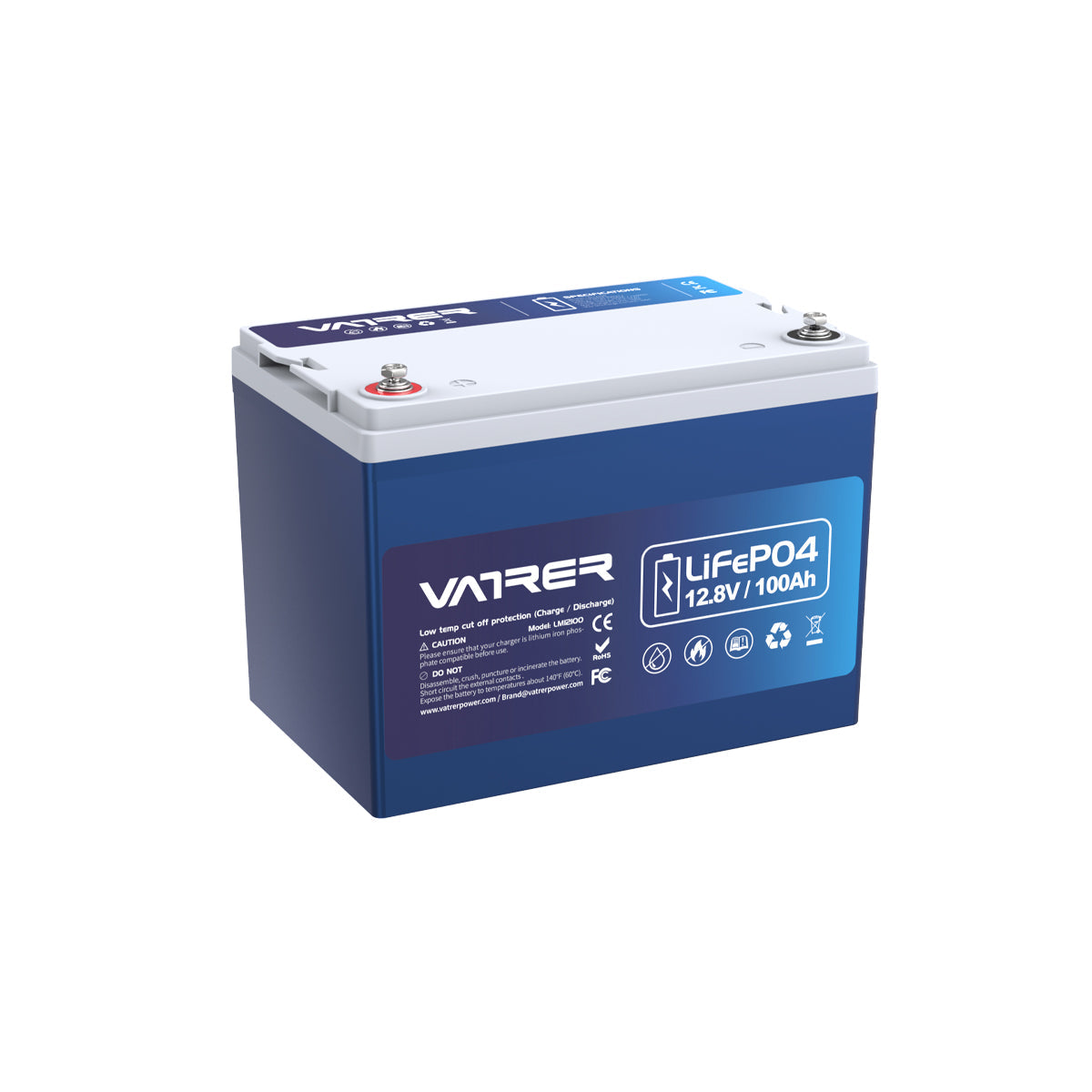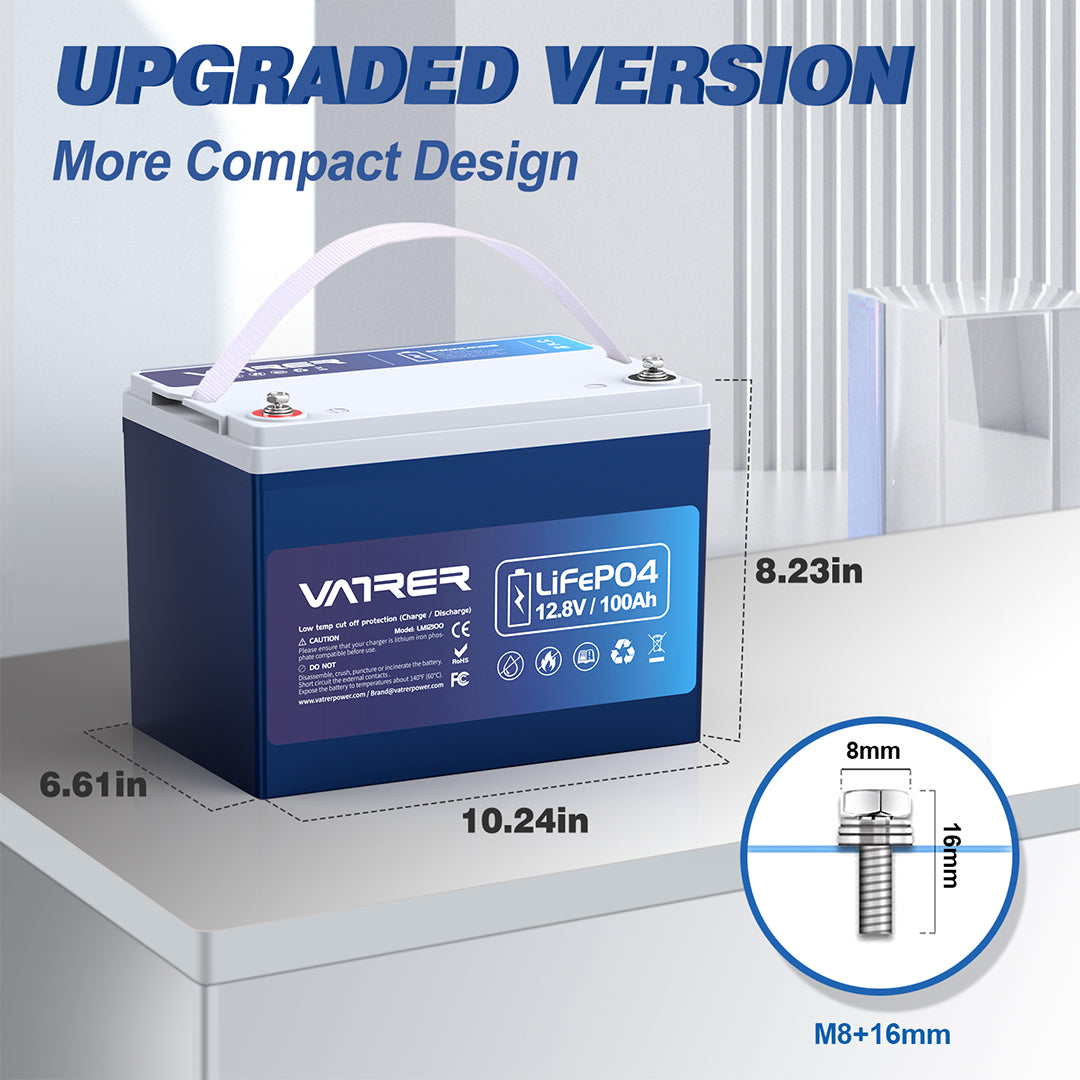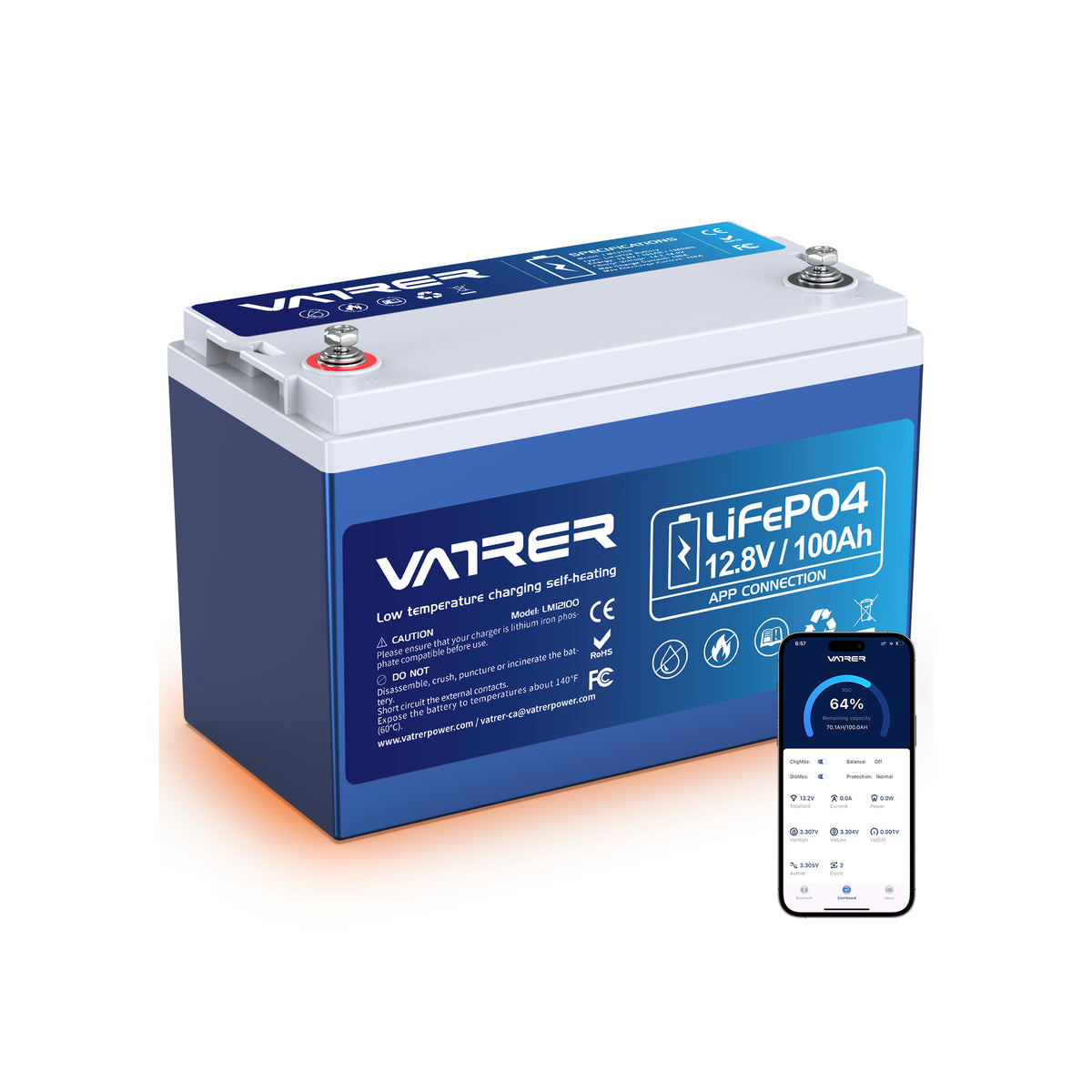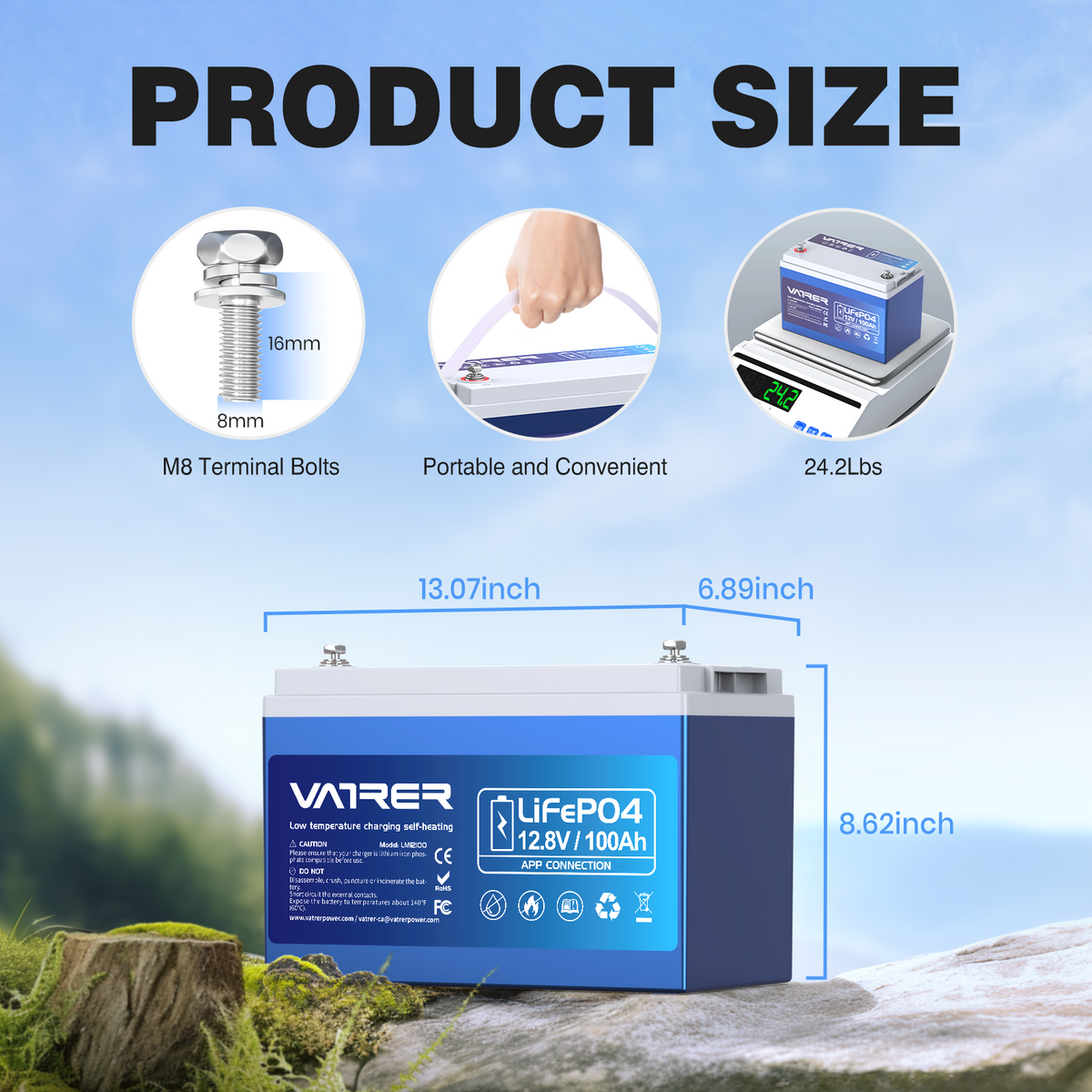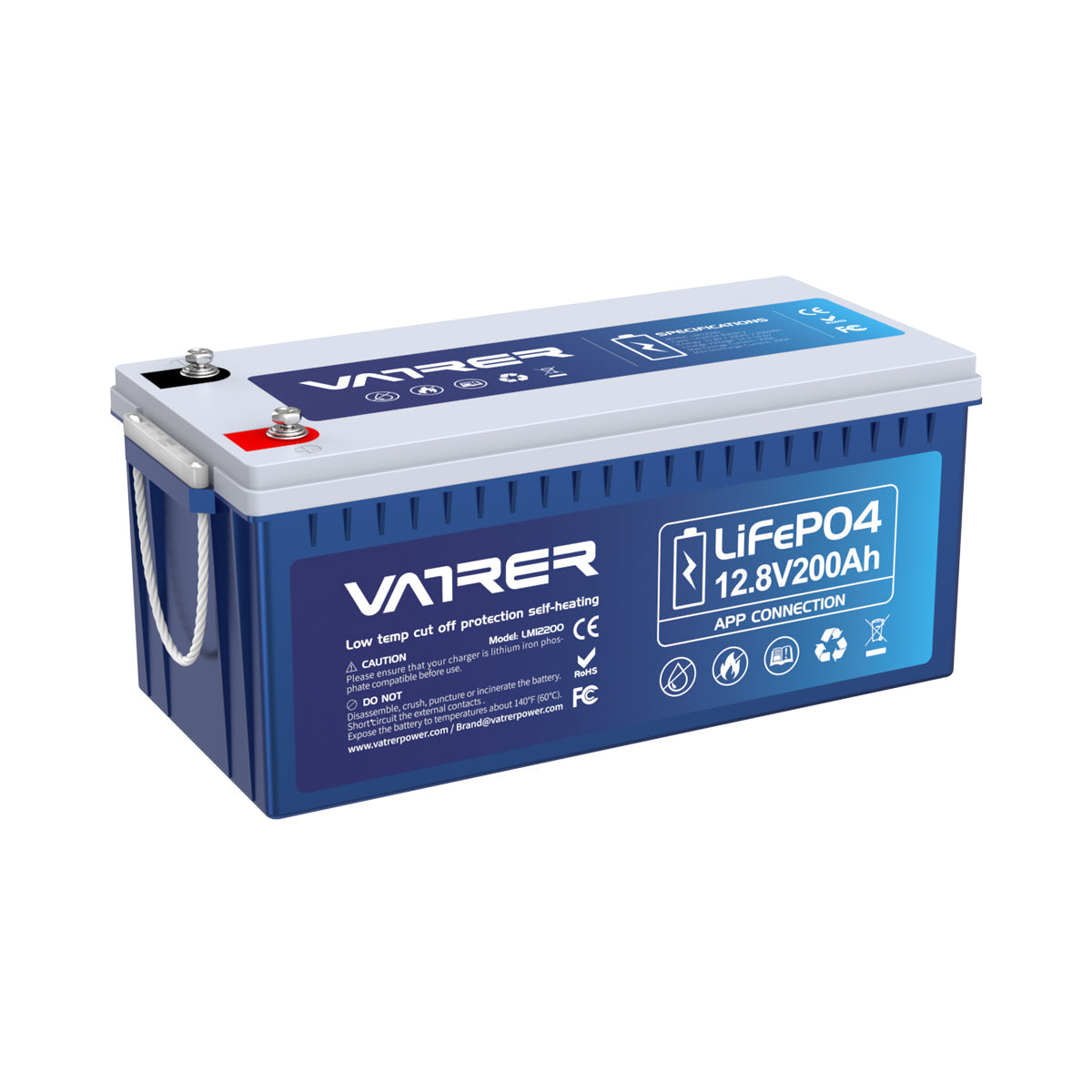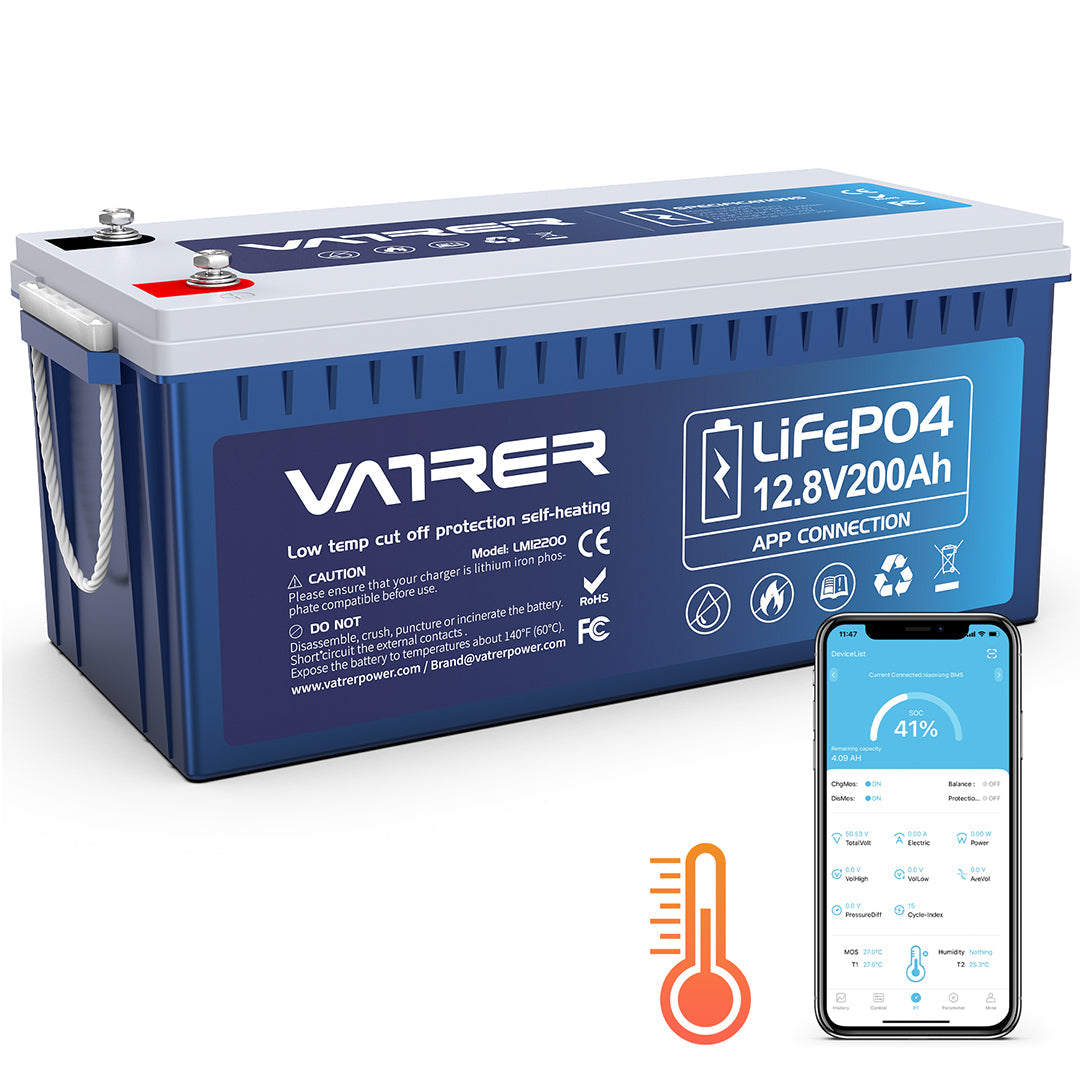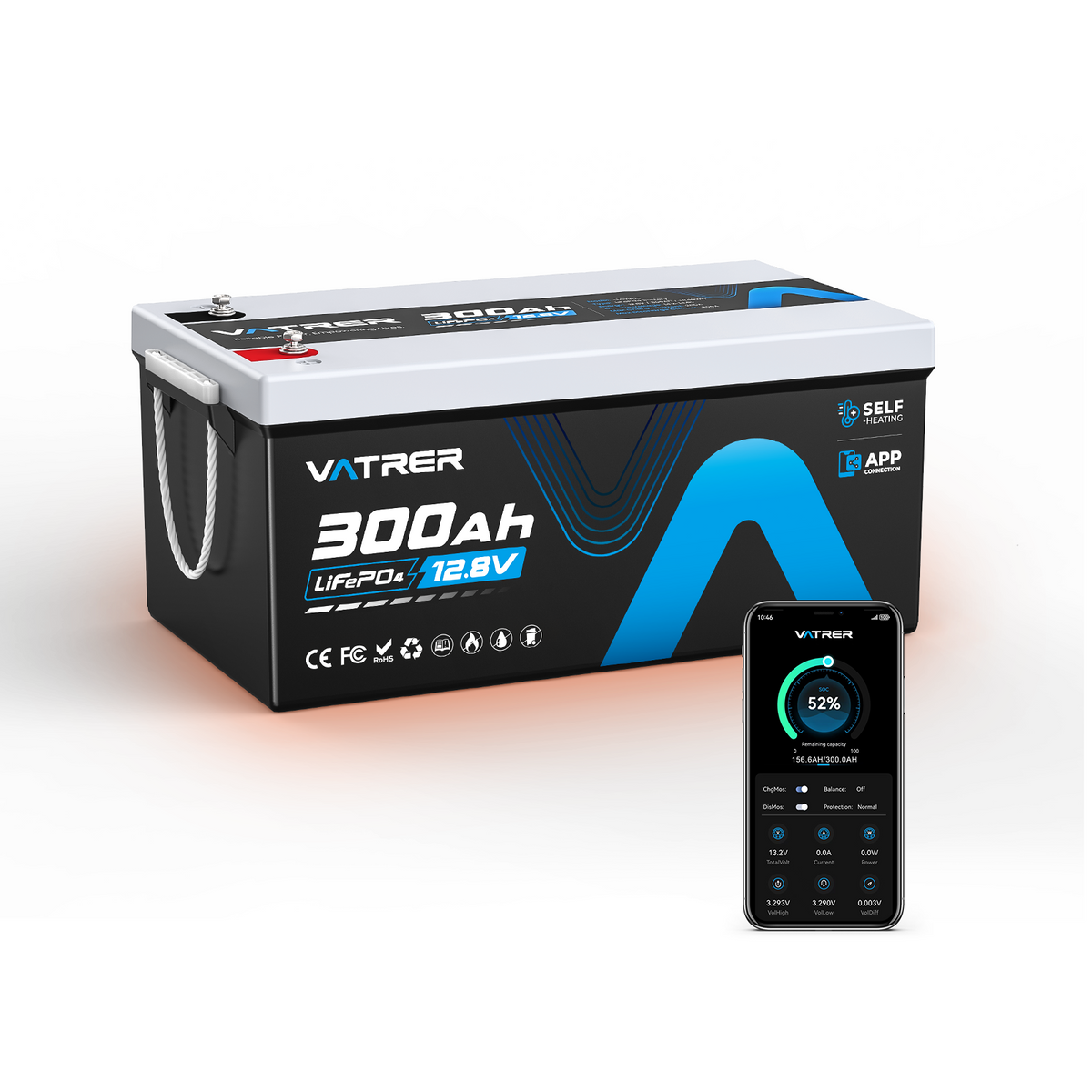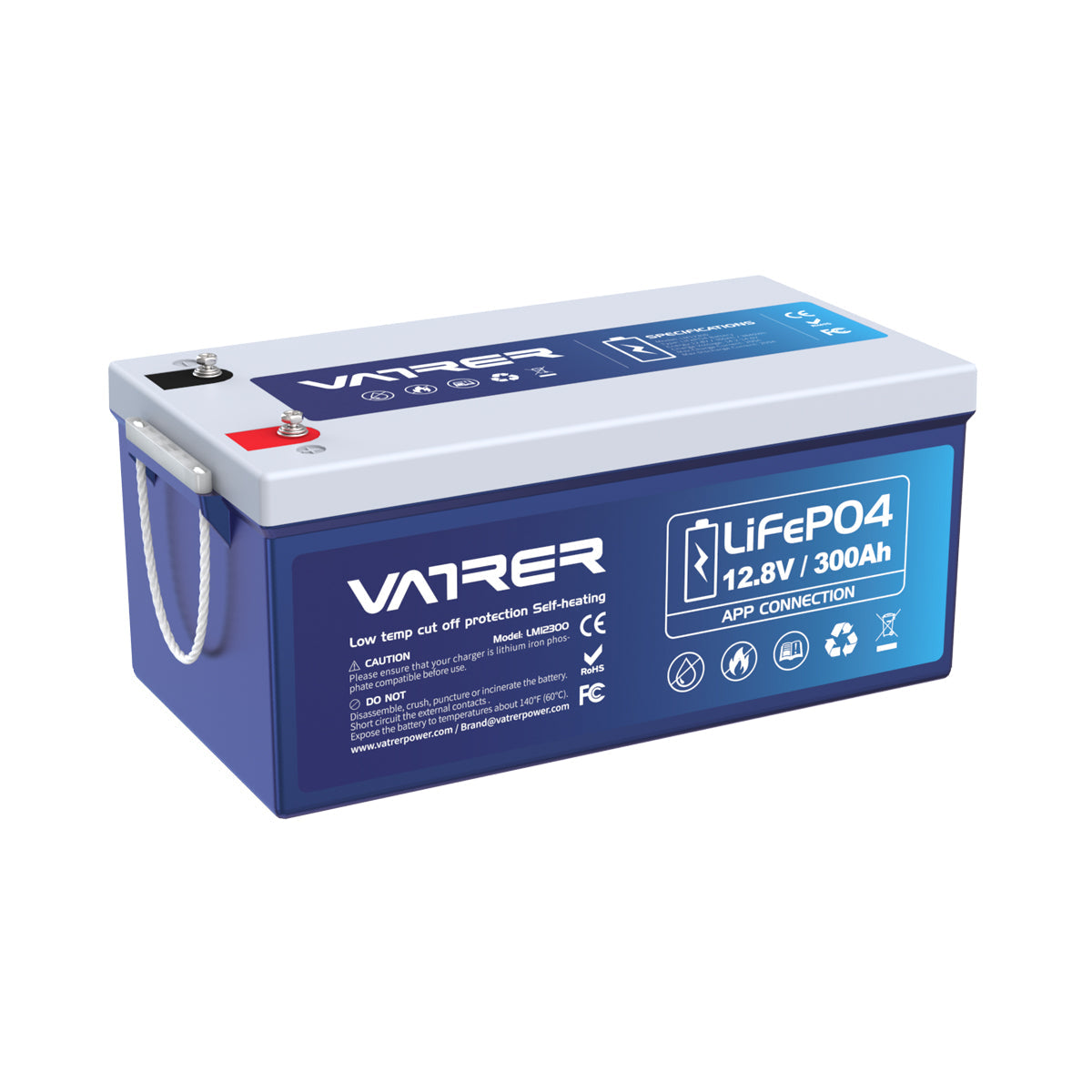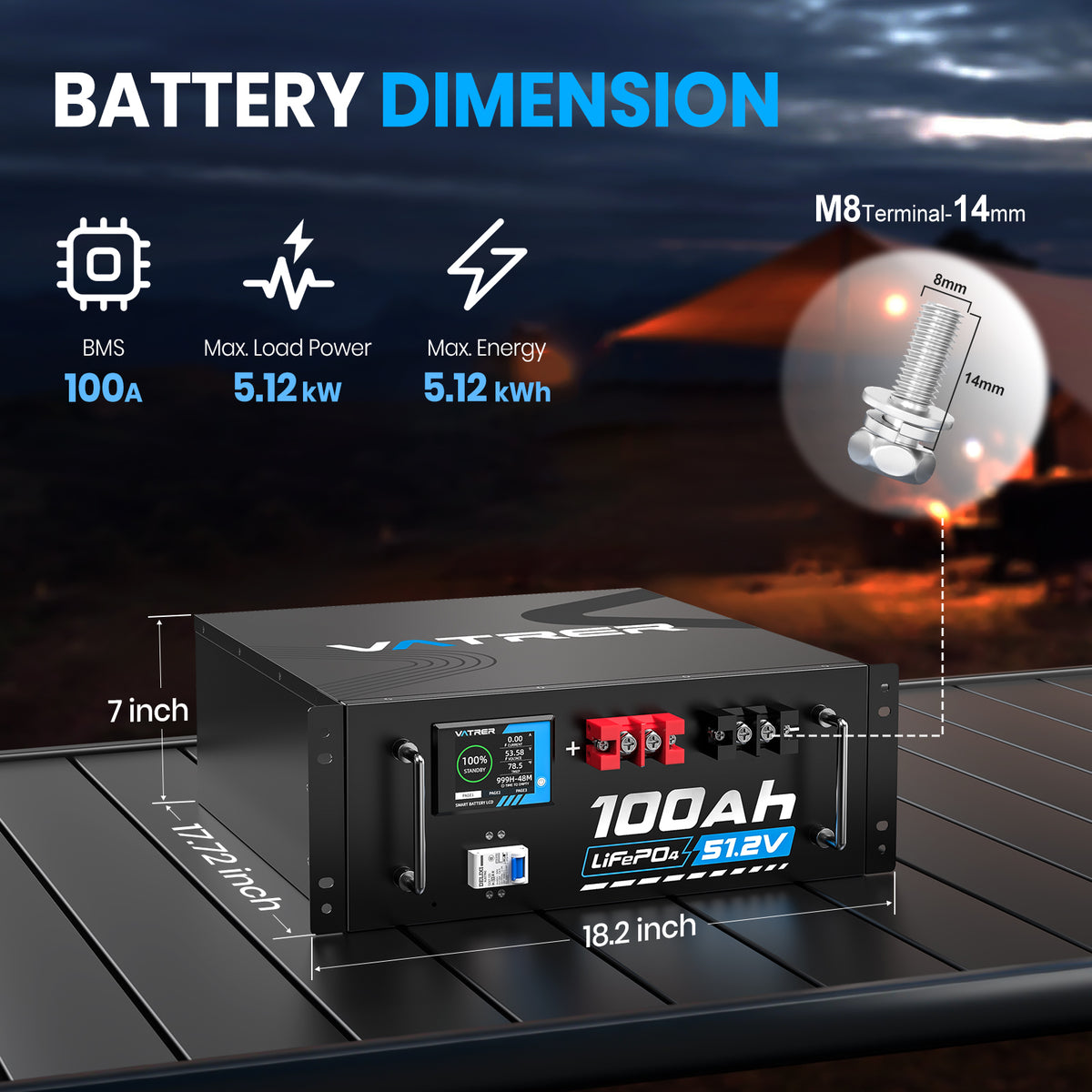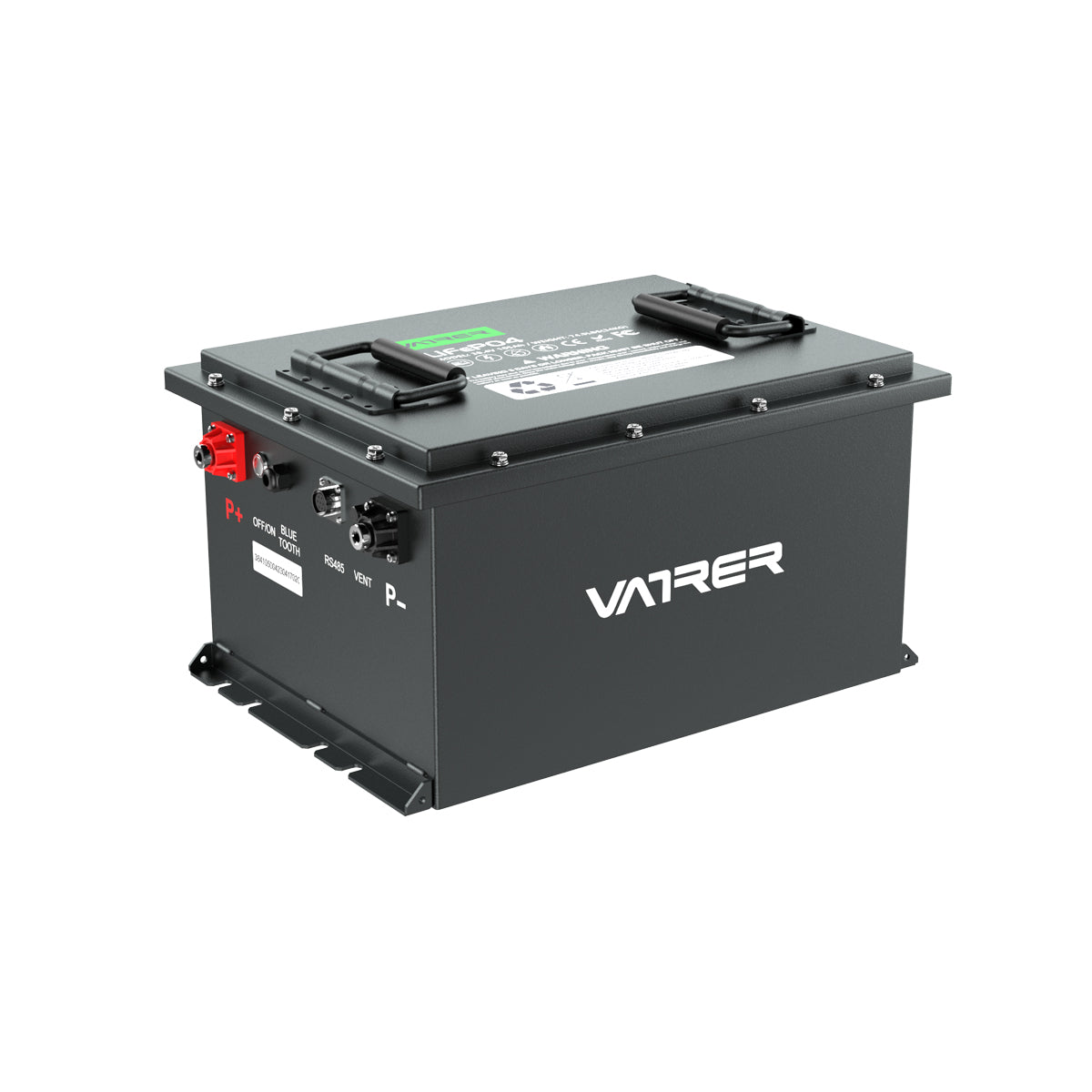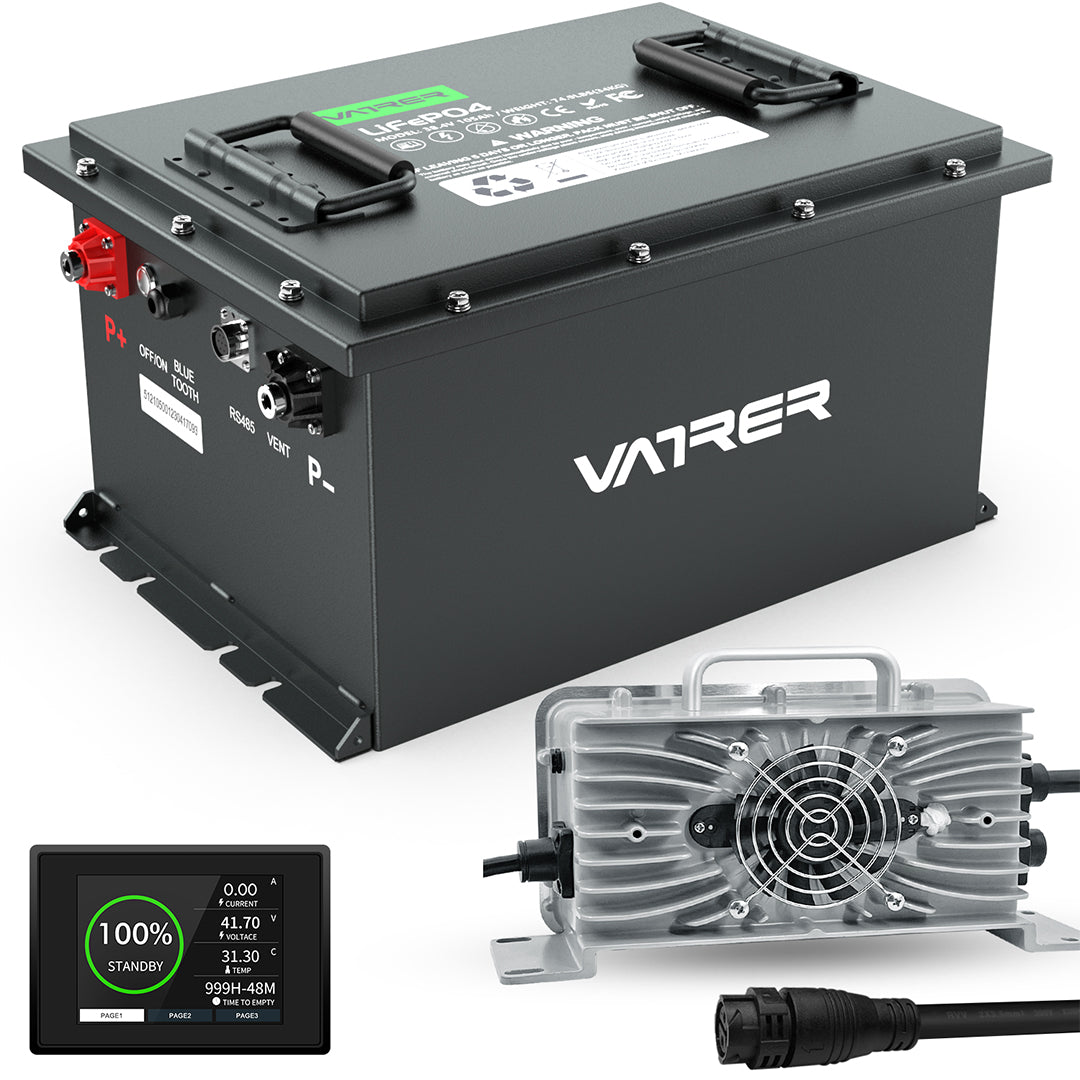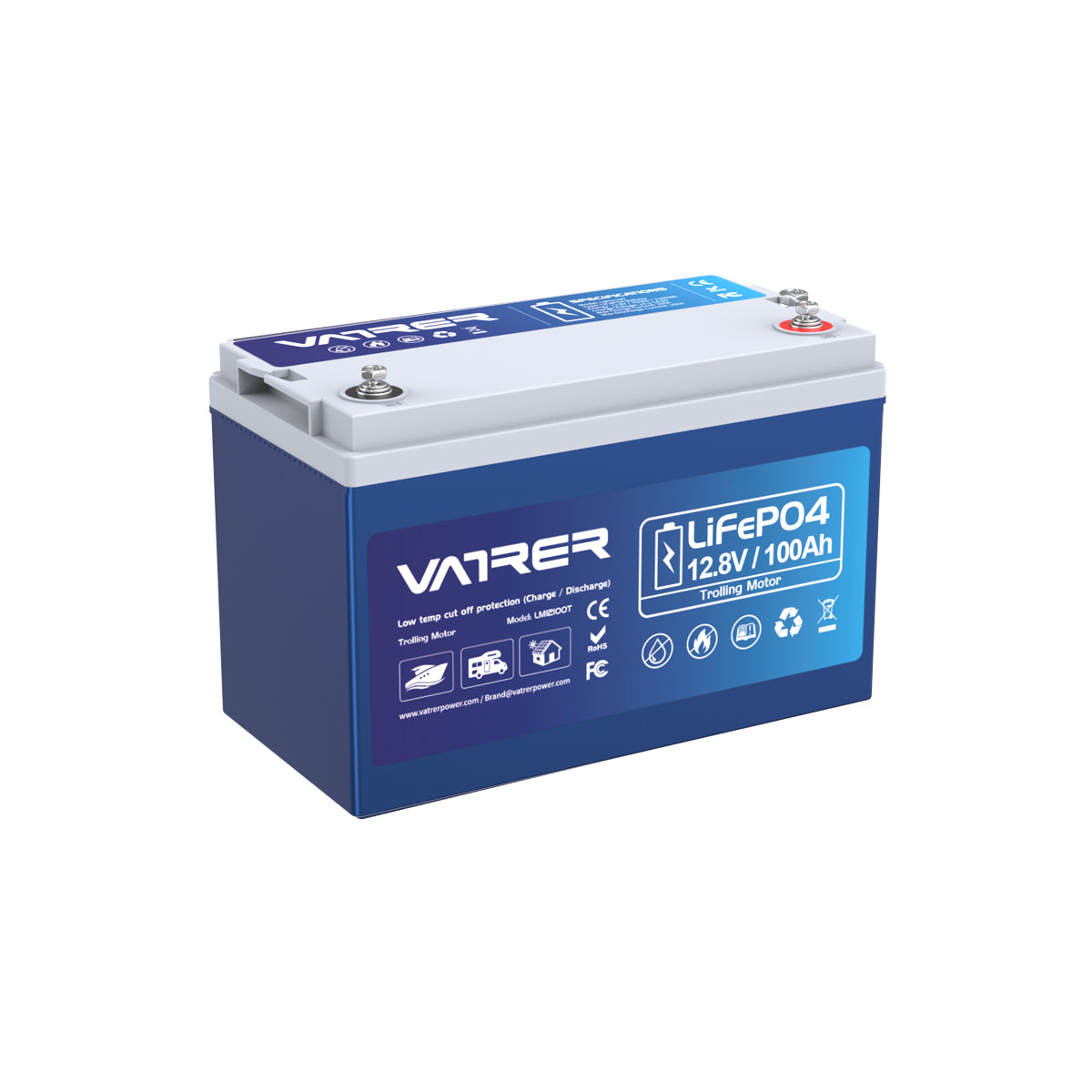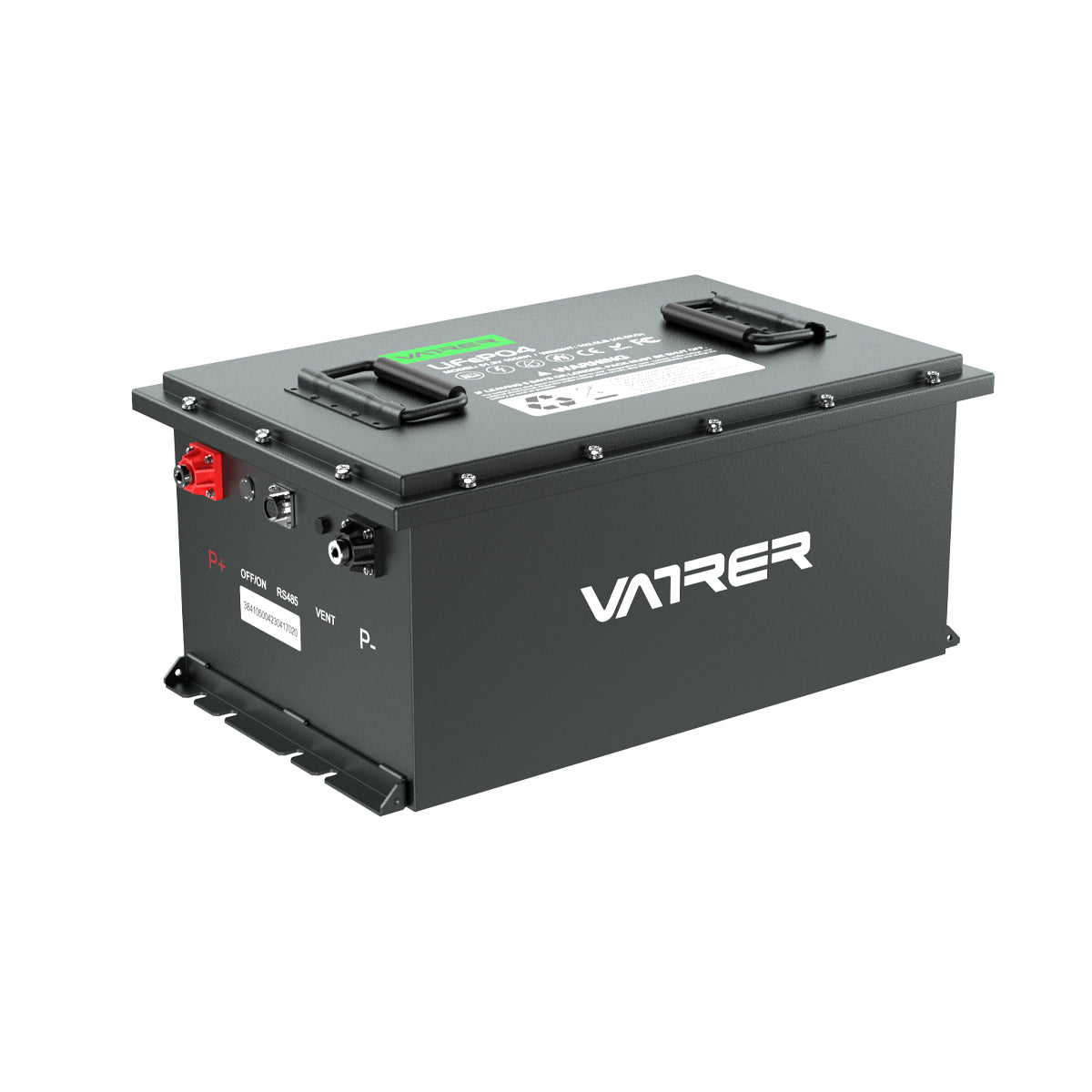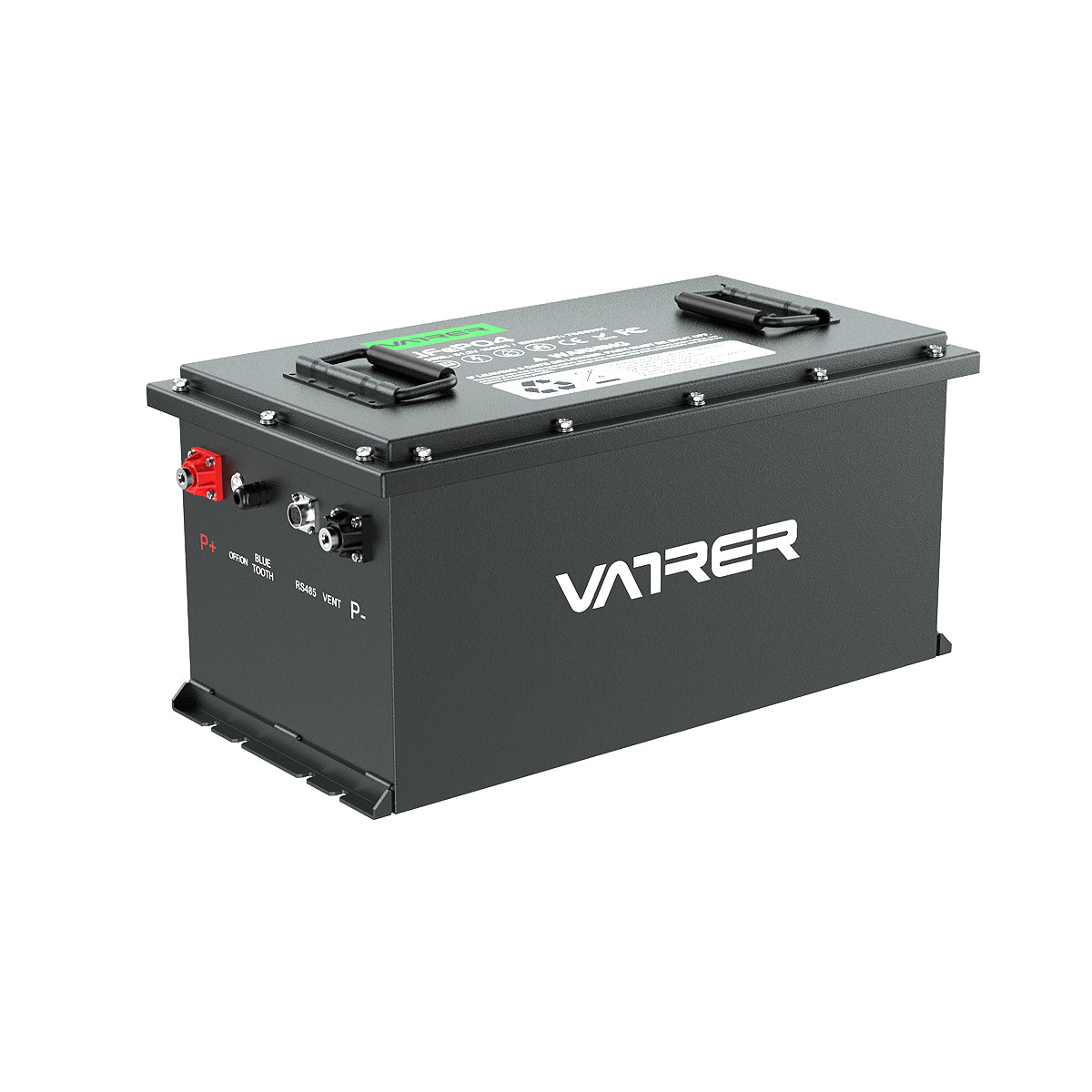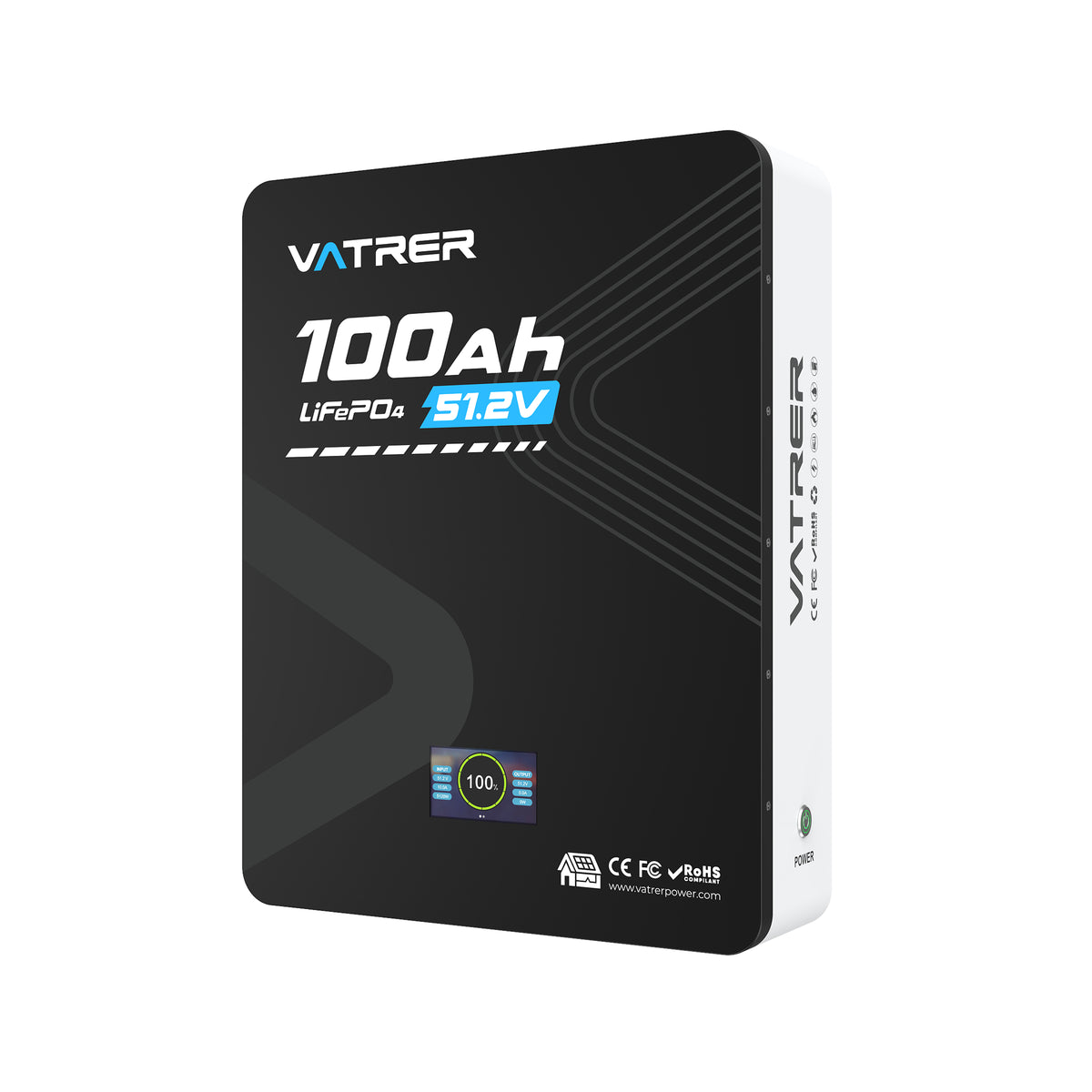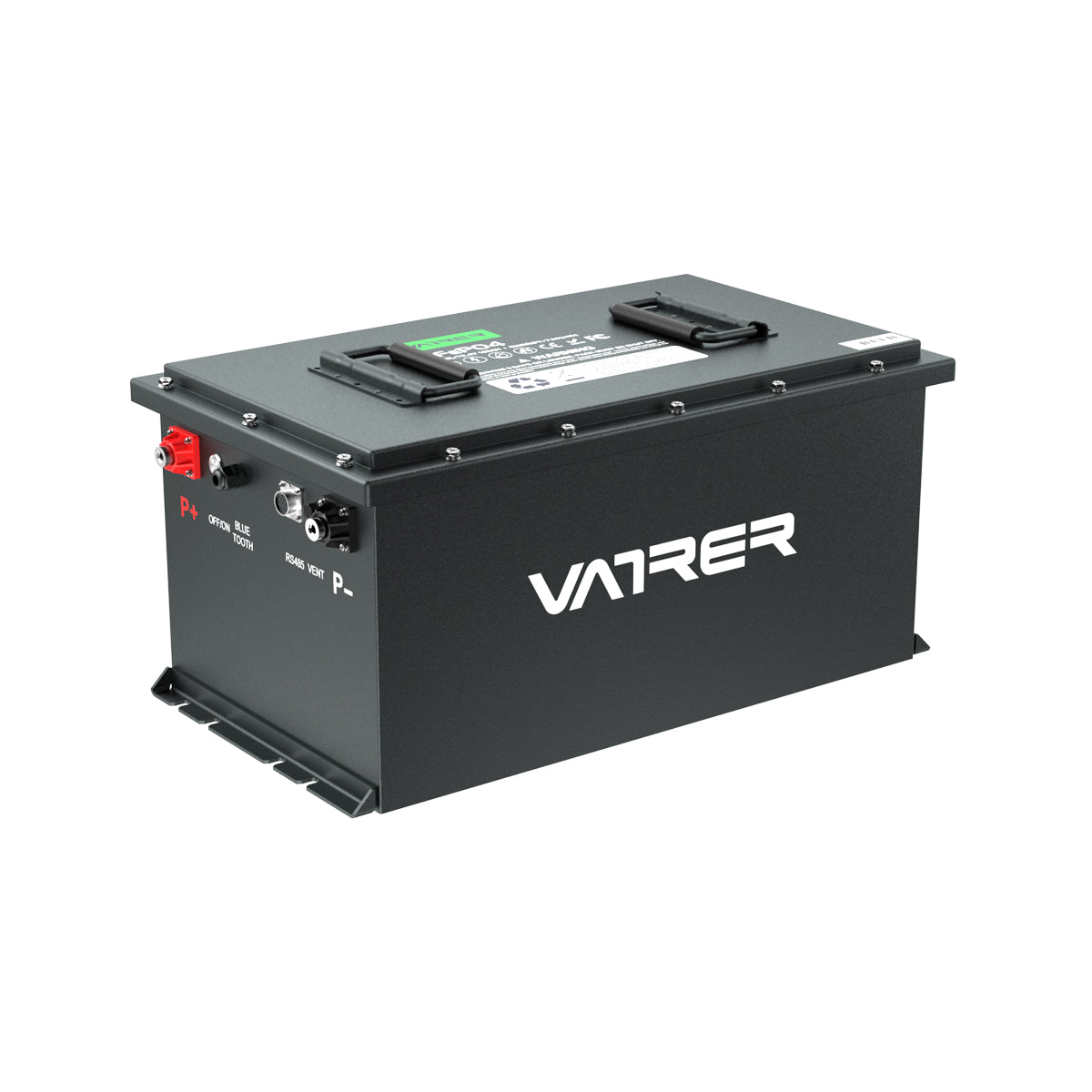Table of Contents
- Understanding Deep Cycle Batteries
- Types of Deep Cycle Batteries
- Advantages and Disadvantages
- Top Brands to Consider
- Selecting the Right Battery for Your RV
- Maintenance Tips for Longevity
- Common Issues and Troubleshooting
- Cost Considerations
- Eco-Friendly Options
- Future Trends in RV Batteries
- FAQs about Deep Cycle Batteries
- How do I know when to replace my deep cycle battery?
- Can I mix different battery types in my RV?
- What is the best way to charge my deep cycle battery?
- How can I extend the life of my deep cycle battery?
- Are lithium batteries worth the investment?
- What is the difference between a deep cycle battery and a regular battery?
- Can I use a deep cycle battery for starting my RV?
- What maintenance do deep cycle batteries require?
- What are the signs of a failing deep cycle battery?
- Conclusion
Understanding Deep Cycle Batteries
Deep cycle batteries are designed to provide a steady amount of power over an extended period. Unlike starter batteries that deliver a quick burst of energy, deep cycle batteries can be discharged to a significant extent without damaging their lifespan.
-
Definition: Deep cycle batteries are built to be repeatedly discharged and recharged.
-
Purpose: Ideal for applications requiring sustained power, such as RVs and marine vehicles.
-
Comparison with Starter Batteries: Starter batteries provide short bursts of power needed to start engines, while deep cycle batteries are ideal for running appliances and electronics over longer durations.
Types of Deep Cycle Batteries
When choosing a deep cycle battery, understanding the various types available is crucial:
-
Lead-acid Batteries:
- Flooded: Cost-effective but requires maintenance.
- AGM (Absorbent Glass Mat): Sealed, maintenance-free, and spill-proof.
- Gel: Similar to AGM but with a gel electrolyte, making them resistant to vibration.
-
Lithium-ion Batteries:
- Lightweight, efficient, and have a longer lifespan compared to lead-acid options.
- Higher initial cost but excellent performance in terms of energy density and recharge time.
figures 1.1 Types of Deep Cycle Batteries:

Advantages and Disadvantages
-
Lead-acid:
- Pros: Affordable, widely available.
- Cons: Heavier, shorter lifespan.
-
Lithium-ion:
- Pros: Longer lifespan, more efficient.
- Cons: Higher upfront cost, sensitive to temperature extremes.
figure 1.2 Comparison Table:
| Type | Weight | Lifespan | Maintenance | Cost |
|---|---|---|---|---|
| Lead-acid | Heavy | 3-5 years | Yes | Low |
| Lithium-ion | Light | 10+ years | No | High |
Top Brands to Consider
Choosing the right brand is vital for reliability and performance. Here are some top players in the market for 2024:
-
Battle Born Batteries
- Known for high-quality lithium-ion batteries.
- Excellent customer support and warranty options.
-
Trojan Battery Company
- Renowned for lead-acid batteries with a long-standing reputation.
- Offers a wide range of products for various applications.
-
Vatrer Power
- Specializes in renewable energy solutions, including deep cycle batteries.
- Great for eco-conscious RV travelers.
-
VMAXTANKS
- Offers AGM batteries that are durable and maintenance-free.
- Popular among RV enthusiasts for their reliability.
Selecting the Right Battery for Your RV
When selecting a deep cycle battery for your RV, consider the following factors:
-
Size and Weight: Ensure the battery fits in your RV's designated space and is manageable for installation.
-
Capacity: Measured in amp-hours (Ah), choose a battery that meets your power needs.
-
Compatibility: Ensure the battery is compatible with your RV's electrical system.
Tips for Selection
- Assess your power requirements based on appliances and duration of use.
- Consider future needs if you plan to upgrade your RV or add more appliances.
Maintenance Tips for Longevity
Proper maintenance is vital to extend the lifespan of your deep cycle battery:
-
Regular Checks: Inspect terminals for corrosion and ensure connections are tight.
-
Charge Management: Avoid discharging below 50% for lead-acid batteries; lithium batteries can handle deeper discharges but still benefit from regular charging.
-
Temperature Control: Keep batteries in a temperature-controlled environment to avoid heat and cold damage.
Maintenance Practices
- Clean terminals with a baking soda solution to prevent corrosion.
- Store batteries in a cool, dry place when not in use.
Common Issues and Troubleshooting
Understanding common issues can help you address problems effectively:
-
Signs of Battery Failure:
- Difficulty starting appliances.
- Swollen battery case or visible leaks.
-
Troubleshooting Steps:
- Check connections and cables.
- Test the battery with a multimeter.
If issues persist, consider consulting a professional or replacing the battery.
Cost Considerations
Understanding the costs involved is crucial for your budget:
- Price Range: Deep cycle batteries can range from $100 to $1,000 depending on type and brand.
- Long-term Investment: While lithium batteries are pricier upfront, their longevity and efficiency can justify the cost over time.
Value for Money
- Compare features and warranties to assess the best value for your needs.
- Consider the total cost of ownership, including maintenance and replacement cycles.
Eco-Friendly Options
With growing environmental awareness, eco-friendly battery options are on the rise:
- Recyclable Batteries: Many manufacturers now offer batteries designed for easier recycling.
- Sustainable Practices: Opt for brands that prioritize sustainable manufacturing practices.
Benefits of Eco-Friendly Batteries
- Reduces landfill waste and environmental impact.
- Often come with similar or better performance metrics compared to traditional batteries.
Future Trends in RV Batteries
The RV battery market is evolving rapidly with innovative technologies:
- Smart Batteries: Equipped with monitoring systems for real-time data on power usage and battery health.
- Faster Charging Solutions: Emerging technology is focusing on reducing charging times significantly.
Predictions
- Continued growth in lithium battery adoption due to their advantages over lead-acid options.
- Increased focus on sustainability and eco-friendly battery manufacturing.
FAQs about Deep Cycle Batteries
-
How do I know when to replace my deep cycle battery?
- Signs include difficulty holding a charge, physical damage, or corrosion at the terminals.
-
Can I mix different battery types in my RV?
- It’s generally not recommended to mix different types of batteries (e.g., lead-acid with lithium) as they have different charging profiles.
-
What is the best way to charge my deep cycle battery?
- Use a smart charger that matches the battery type. For lead-acid, a three-stage charger is ideal; for lithium, a lithium-specific charger is best.
-
How can I extend the life of my deep cycle battery?
- Regular maintenance, avoiding deep discharges, and keeping the battery at a moderate temperature can help extend its lifespan.
-
Are lithium batteries worth the investment?
- Yes, they typically offer longer life, lighter weight, and faster charging times compared to lead-acid batteries, making them a worthwhile investment for many RV users.
-
What is the difference between a deep cycle battery and a regular battery?
- Deep cycle batteries are designed for prolonged discharge cycles, while regular batteries are made for short bursts of power.
-
Can I use a deep cycle battery for starting my RV?
- It’s not advisable; deep cycle batteries are optimized for discharge over time, while starter batteries are designed for quick energy bursts.
-
What maintenance do deep cycle batteries require?
- Regular checks for corrosion, ensuring proper charging practices, and keeping the terminals clean are essential maintenance tasks.
-
What are the signs of a failing deep cycle battery?
- Frequent discharges, inability to hold a charge, physical deformation, or leaks may indicate a failing battery.
Conclusion
In the vast world of RV batteries, understanding deep cycle batteries is pivotal for optimal performance and longevity. By considering the types, brands, and maintenance practices outlined in this guide, you can make informed decisions that enhance your RVing experience.
Whether you opt for the traditional lead-acid batteries or the innovative lithium-ion options, the right battery will power your adventures for years to come. Happy travels! 🚐🔋







